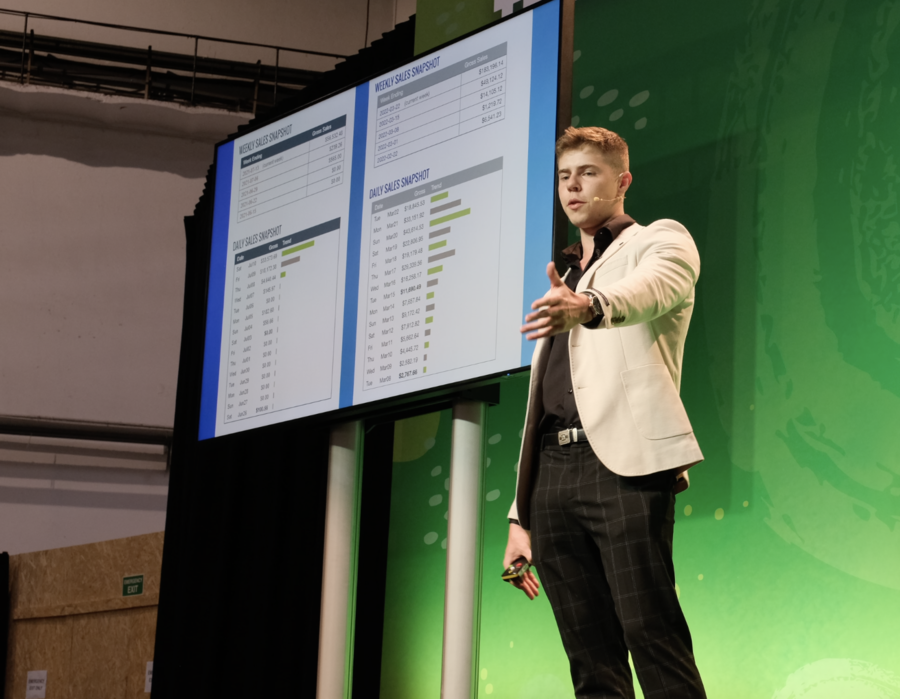State reports more terminally ill patients in physician-assisted dying program

For five years, state health officials have been overseeing a program that allows terminally ill patients to obtain a prescription that would allow them to end their lives if they so wish.
A new report on the Our Care, Our Choice Act, which took effect in 2019, shows the latest statistics across the state. The most commonly reported underlying condition is some form of cancer.
The state reported 76 patient deaths in 2023, up from 55 in 2022. However, the statistics also include people who received a drug but may not have used it.
“In general, in states that have assisted dying programs, about two-thirds of those who die take medication and one-third do not. So they either die from their underlying disease or from another cause,” says Lorrin Kim, director of the Office of Planning, Policy and Program Development at the Department of Health and Human Services.
“However, it is commonly reported anecdotally that even if patients are not taking the drug, they find great comfort in knowing that it is there, that they have another option and that they feel in control of a time in their life when a disease may exert more control over their life than the patient themselves.”
Kim said patients are becoming more aware of the program and health care providers are becoming more comfortable with it. He said it was initially difficult to convince providers that they would play a “critical role” at the end of a patient’s life.
“Many of them said, ‘That’s not the meaning of the Hippocratic Oath, I didn’t go to medical school to help people die.’ So it was a very difficult personal and professional decision. The value of the Our Care, Our Choice Act is that it protects providers who follow all the steps from prosecution or other legal consequences,” Kim said.
Hawaii is one of ten states, along with Washington, DC, that legalize physician-assisted suicide.
The DOH urges anyone interested in this program to speak with their doctor immediately.
This interview was broadcast on The conversation on July 12, 2024. The Conversation airs weekdays at 11 a.m. on HPR-1.


